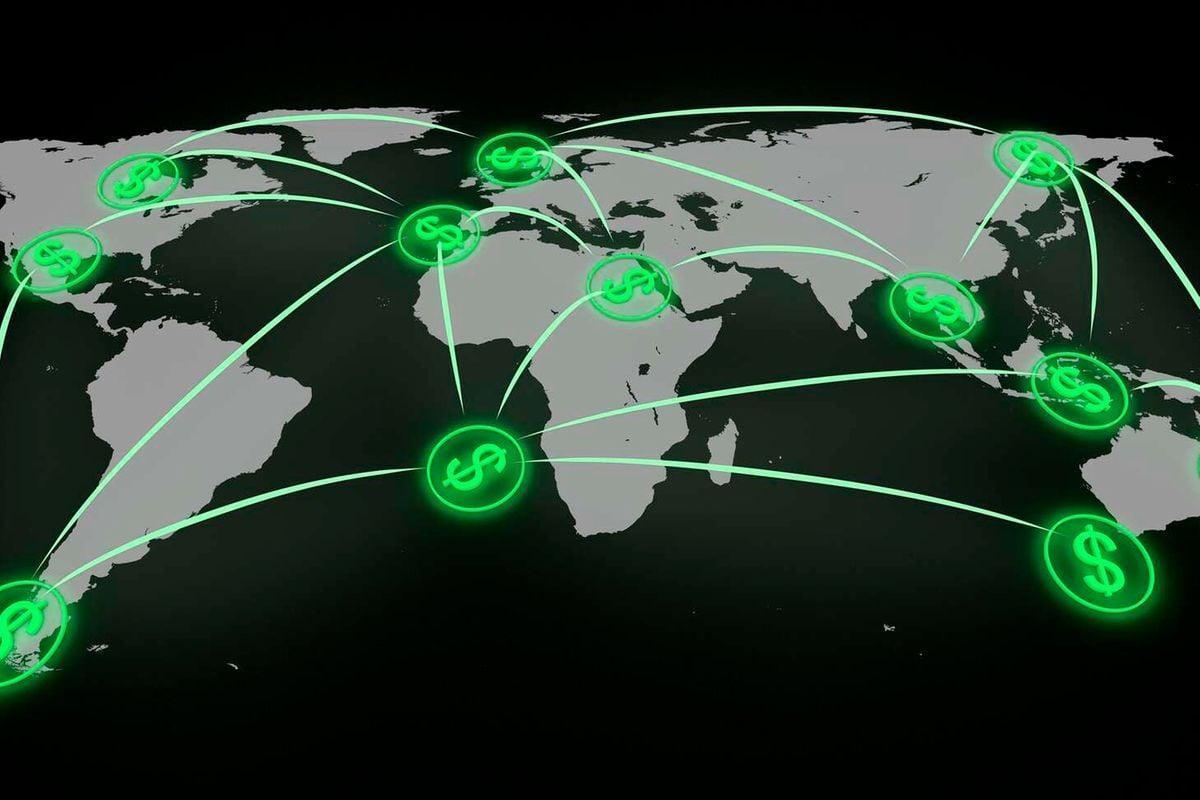Africa-Press – Mauritius. East Africans are still struggling to find cheap options to send money from one country to another within the region, making it one of the greatest barriers to trade and slowing the implementation of the Common Market Protocol.
Latest data from the World Bank shows that some money remittance corridors in the region are among the most expensive in the world, and much higher than the global average, despite efforts to bring down transaction costs to ease trade.
Scholars and business leaders say this has remained one of the biggest impediments to the full realisation of the common market pillar of East Africa Community (EAC) integration, in turn, delaying other pillars of the union.
According to the data collected between August and September 2023, Tanzania remains the most expensive country to send money from, with some payment options charging as high as 65 percent of value sent as transaction cost.
On average, one will have to pay 35 percent to send $200 from Tanzania to Kenya, 30 percent to Uganda, and 20 percent to Rwanda — much higher than the 12.5 percent global average, according to the International Monetary Fund (IMF).
But, while it is generally cheaper to send money from the other countries to Tanzania, it is still more expensive than the cost of sending money from distant countries like the US, United Kingdom or Belgium.
For example, while the cheapest remittance corridor in the region is Kenya-Rwanda, which costs about 7.5 percent, sending money from the US to South Sudan, for instance, costs just 3.98 percent.
An analysis by the IMF reveals that many factors are behind the high cost of cross-border payments in emerging markets and developing economies, mostly in the origin countries.
The results, published last month in a report dubbed IMF and World Bank Approach to Cross-Border Payments Technical Assistance, show thatsending money from the US to South Sudan, for instance, costs just 3.98 percent.
“There is a negative relationship between the availability of services offered by digital money transfer operators (MTOs) and the average cost of sending $200 at the corridor level and its component associated with transfer fees,” the IMF said.
“A larger share of services offered by digital MTOs is associated with lower average costs and lower transfer fees.
” But, in the region, this doesn’t seem to be the case.
The most expensive corridor, Tanzania to Kenya, has 11 MTOs, while the cheapest one, Kenya to Rwanda, has 12, meaning other factors influence payment costs in the region.
Another factor found by the IMF analysis to significantly impact cross-border payment costs is the quality of infrastructure and the nature of legal and regulatory frameworks in the sender country.
“More developed infrastructure and enabling legal and regulatory frameworks for payments in the sender jurisdiction are associated with lower average cost of sending remittances as well as average fees,” the IMF said.
“The existence of restrictions on outward person-to-person (P2P) transfers imposed by the sending jurisdiction is linked to higher average cost and higher average fee of sending $200, potentially acting as a barrier.
In the region, this may have to do with the quality and cost of internet connection, which is the leading access point for money remittance in most jurisdictions around the globe.
For example, while 16 of the MTOs offering services in the US-China remittance corridor can be accessed through the internet, in the Tanzania-Kenya corridor, only two of the available services are accessible via the internet, and they are also the cheapest.
Other MTOs can only be accessed through bank branches, agents, call centres, or mobile phones, which lead to the incurrence of additional costs not included in the transaction costs.
Tanzania ranks poorly in the digital quality of life index by internet research firm Surfshark, mostly due to low internet affordability, quality and poor electronic infrastructure.
This seems to be reflecting in the cost of sending money from the country, since service providers are unable to comfortably offer their services via the internet as other countries do.
Other issues causing high cross-border payment costs in the region are the existence of peer-to-peer (P2P) transfer restrictions in both the sender and destination jurisdictions, and floating exchange rate regimes, which are the ones used across the region.
IMF’s senior financial sector expert, Kieran Murphy, argued that the developing economies such as East Africa, could significantly benefit from initiatives to make cross-border payments cheaper and faster.
“Faster, cheaper and more transparent cross-border payment services have the potential to improve many lives by supporting economic growth, international trade, global development, and financial inclusion,” Mr Murphy said in an IMF blog.
One of the initiatives that IMF thinks could reduce the cost is a currency union, as evidence points to cheaper transaction costs when sending money to jurisdictions in a monetary union.
In East Africa, the monetary union dream, which is the fourth pillar of the region’s integration, has been deferred to 2033, but the prospect of its realisation appears bleak.
Another proposal IMF has put on the table is the exploration of the crypto assets technology as a means of reducing the cost of cross-border transactions, albeit with caution.
“Creating an effective policy environment will allow for cross-border payment to benefit from advances in digital technology while guarding against macroeconomic risks and risks to financial stability and integrity,” IMF said.
By end 2027, IMF targets that the cost of sending money across all borders around the globe should be at most one percent, and the money should be received within one hour. East African countries are further away from this target than others around the globe.
For More News And Analysis About Mauritius Follow Africa-Press







